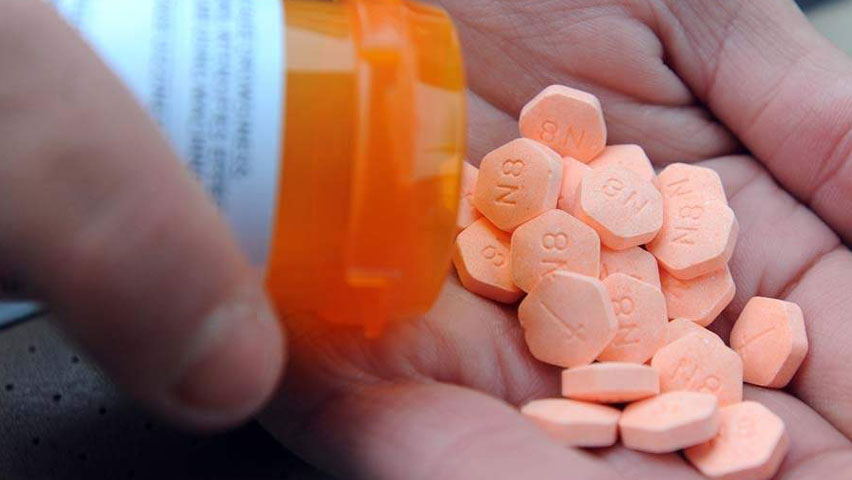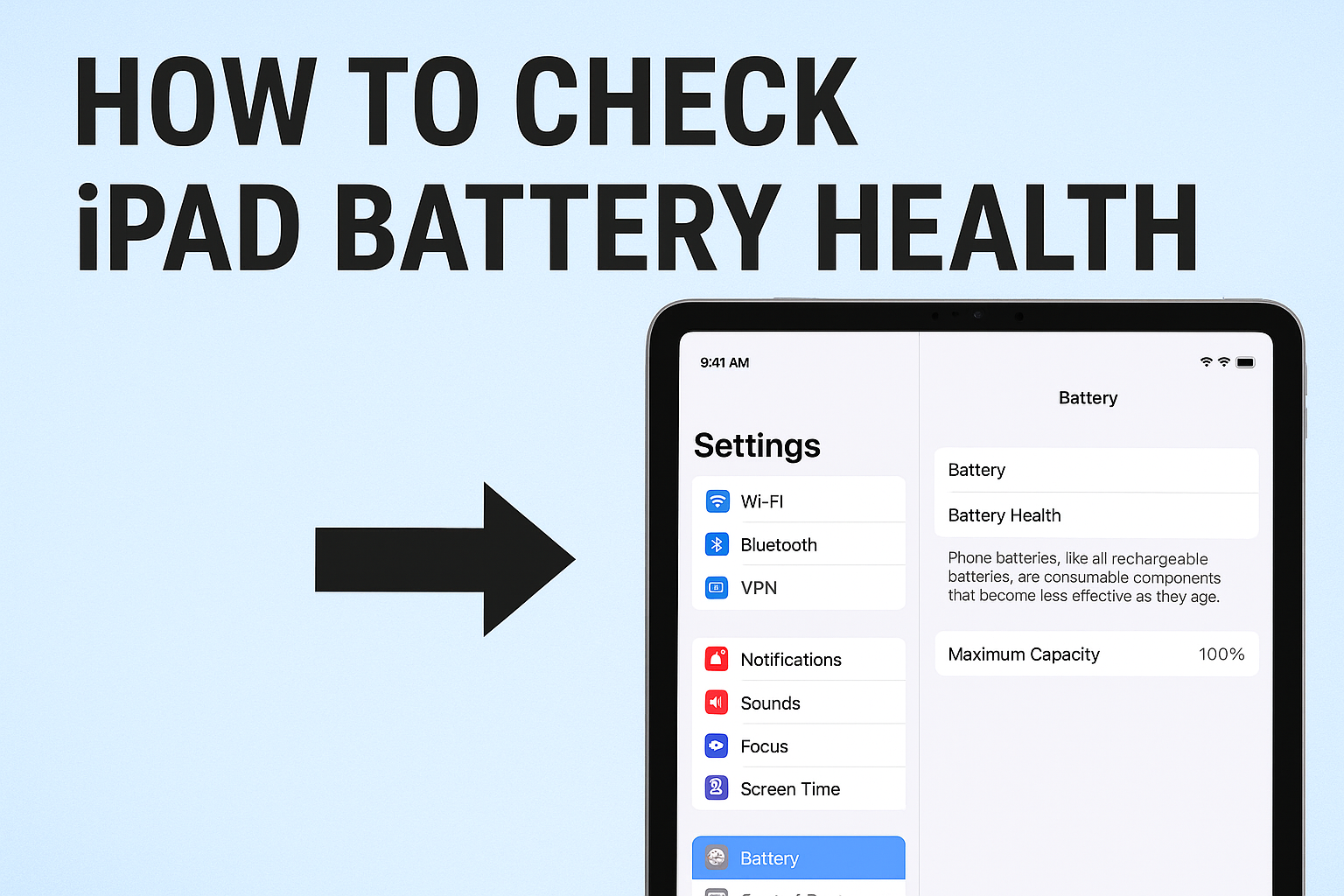
Introduction to Bup Drug Testing
Welcome to our comprehensive guide on Bup drug testing! If you’ve heard about Buprenorphine (Bup) and are wondering what it entails, you’re in the right place. Whether you’re an employer conducting screenings or an individual undergoing a test, understanding Bup drug testing is crucial. Let’s dive into everything you need to know about Bup drug testing from its purpose to how to interpret the results.
What is Buprenorphine (Bup)?
Buprenorphine, usually known as Bup, is a prescription utilized in the treatment of narcotic fixation. Dissimilar to other narcotics that produce a high and can prompt abuse, Buprenorphine works contrastingly in the cerebrum by restricting to narcotic receptors yet with less power.
It lessens desires and withdrawal side effects without causing the euphoric impacts related with customary narcotics. This makes it a successful choice for people looking for recuperation from narcotic reliance.
Buprenorphine comes in different structures like tablets, sublingual movies, and inserts. Its long-acting nature considers less successive dosing contrasted with short-acting narcotics.
Because of its incomplete agonist properties, Buprenorphine has a lower hazard of respiratory sadness and go too far when taken as recommended. Notwithstanding, similar to any prescription, there can be expected incidental effects and cooperations with different substances that ought to be talked about with medical care suppliers.
Reasons for Bup Drug Testing
Are you wondering why Bup drug testing is necessary? Well, there are several reasons for it. Buprenorphine (Bup) is a medication used to treat opioid addiction and chronic pain. Ensuring its proper use through drug testing helps healthcare providers monitor patients’ compliance with their treatment plans.
Bup drug testing can help prevent misuse or diversion of the medication. By regularly screening patients, healthcare professionals can identify any potential misuse early on and take appropriate measures to address it.
Moreover, for individuals in substance abuse treatment programs, Bup drug testing is essential for assessing progress and ensuring accountability. It provides valuable information about whether the individual is abstaining from other illicit substances while on Buprenorphine therapy.
The reasons for conducting Bup drug testing are multifaceted and aim to promote safe and effective use of this medication in clinical settings.
Types of Bup Drug Tests
When it comes to Bup drug testing, there are several types of tests that can be used to detect the presence of Buprenorphine in a person’s system.
One common type is the urine test, which is non-invasive and widely used due to its convenience and cost-effectiveness. Urine tests can detect Buprenorphine within a few hours after ingestion and up to several days depending on frequency of use.
Another type of test is the blood test, which provides more immediate results but is less commonly used for routine screening due to its invasive nature.
Oral fluid testing, also known as saliva testing, is another method that can detect Buprenorphine shortly after ingestion and up to 2-3 days post-use. This type of test is gaining popularity due to its ease of collection.
Hair follicle testing offers a longer detection window compared to other methods, making it useful for detecting past drug use over weeks or even months.
Each type of Bup drug test has its own advantages and limitations, so choosing the appropriate one depends on factors such as detection window needed and invasiveness required.
How to Prepare for a Bup Drug Test
Preparing for a Bup drug test is essential to ensure accurate results. Start by familiarizing yourself with the testing process and what to expect during the procedure. It’s vital to disclose any medications or substances you may be taking beforehand.
Stay hydrated before the test as it can help with providing a urine sample if that’s the type of test being conducted. Make sure to follow any specific instructions provided by the testing facility, such as fasting requirements or restrictions on certain foods or beverages.
If you have any concerns or questions about the test, don’t hesitate to communicate them with the healthcare provider administering the test.
Interpreting the Results of a Bup Drug Test
After undergoing a bup drug test, understanding the results is crucial. The test typically detects the presence of buprenorphine in your system, indicating whether you have used this specific medication or not. When interpreting the results, it’s essential to consider factors such as the detection window and dosage taken. Results may vary depending on when you last consumed buprenorphine.
It’s important to note that false positives can occur due to cross-reactivity with other substances. Consulting with a healthcare professional can provide further clarification on your test results.
Interpreting bup drug test results accurately can help guide treatment plans and ensure appropriate care moving forward. If you have any concerns about your results, don’t hesitate to seek guidance from medical professionals for proper interpretation and support.
Legal Implications of Failing a Bup Drug Test
When it comes to failing a Bup drug test, there can be serious legal consequences depending on the situation. If you are subject to routine testing as part of a rehabilitation program or under court-ordered supervision, failing a Bup drug test could lead to probation violations or even incarceration.
In the workplace, failing a Bup drug test may result in termination of employment, especially if your job involves safety-sensitive tasks. Employers have the right to enforce drug-free policies and take action against employees who fail drug tests.
Legal implications may also extend to custody battles during divorce proceedings or child welfare cases. Failing a Bup drug test can impact parental rights and visitation arrangements, as courts prioritize the well-being of children above all else.
It’s essential to understand the potential legal ramifications of failing a Bup drug test and seek appropriate guidance if faced with such circumstances.
Conclusion
By knowing what to expect, preparing adequately, and interpreting the results correctly, one can navigate this process effectively. Remember that failing a Bup drug test can have legal implications, so it’s crucial to follow the guidelines provided by healthcare providers. Stay informed, stay prepared, and prioritize your health and well-being throughout this journey.





